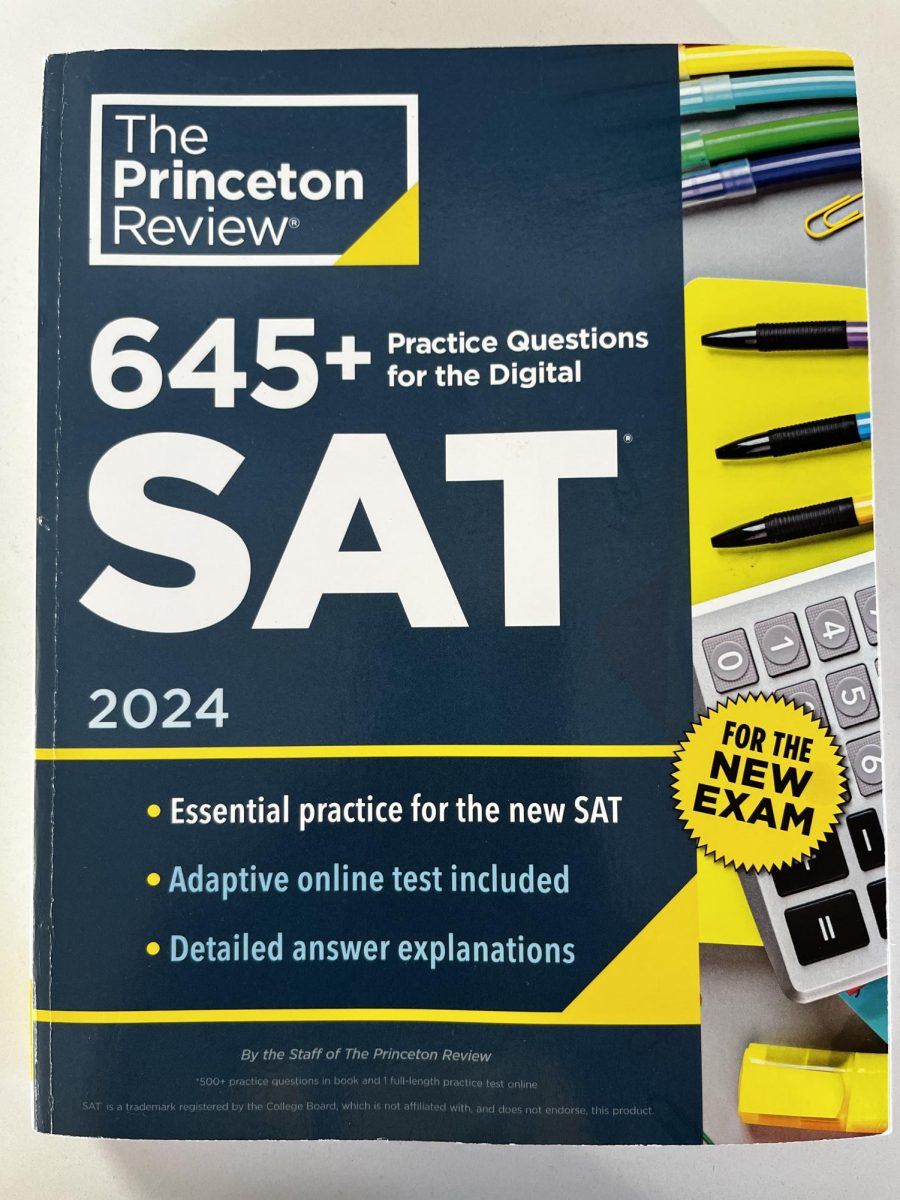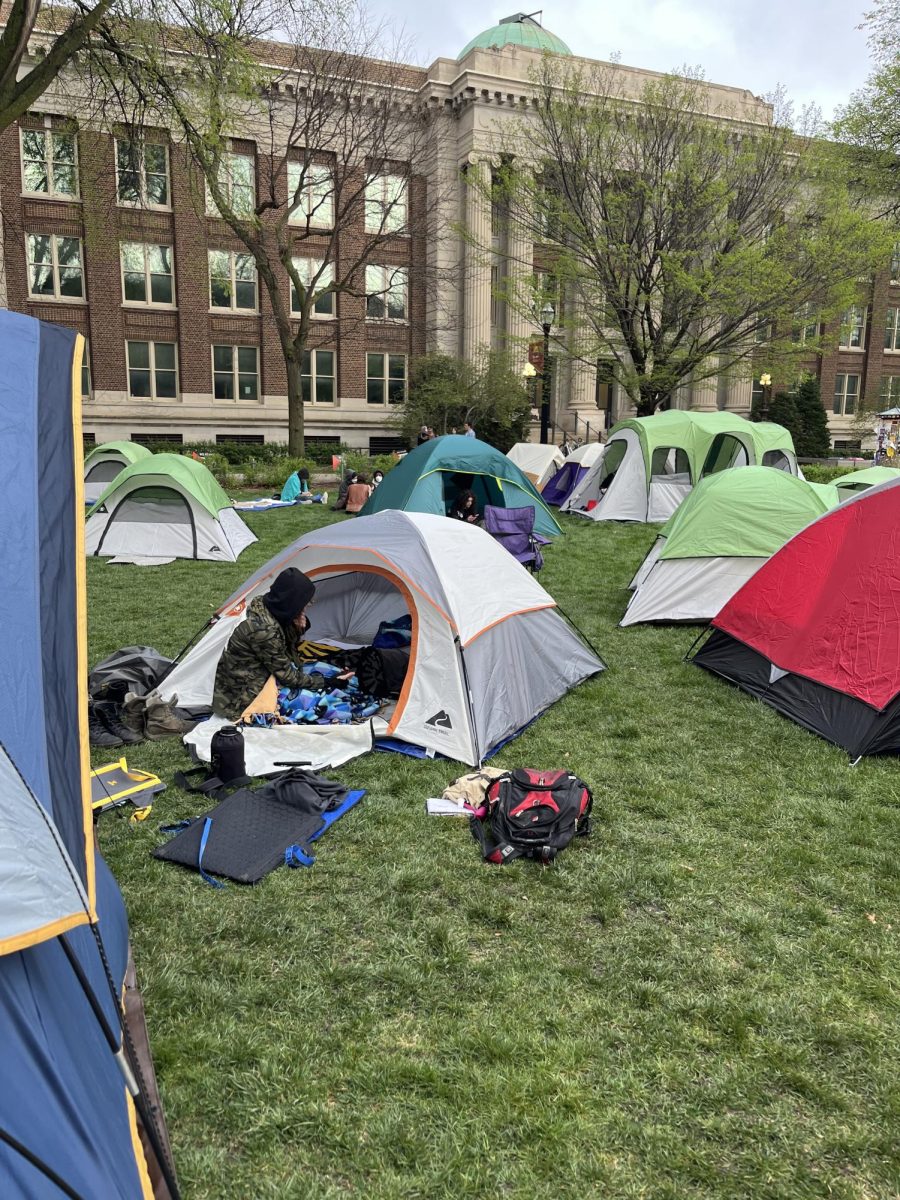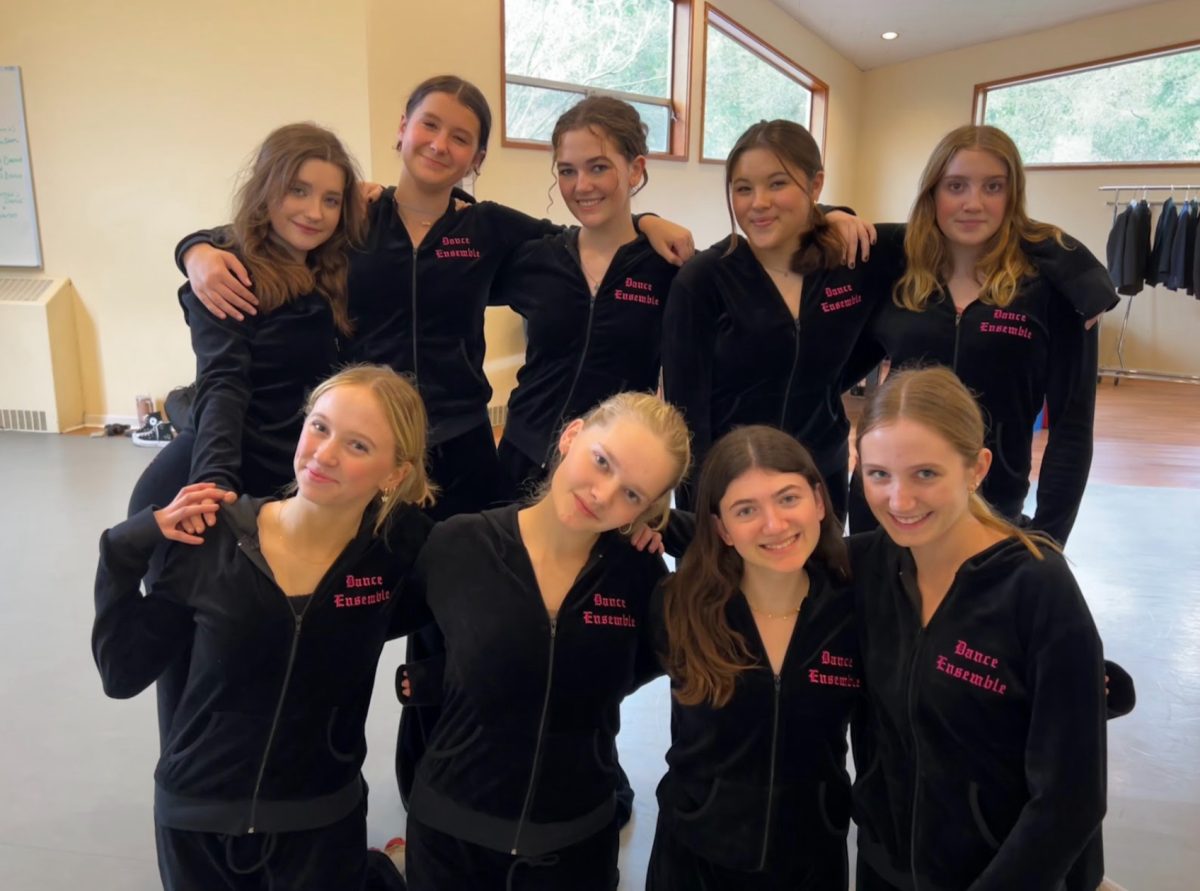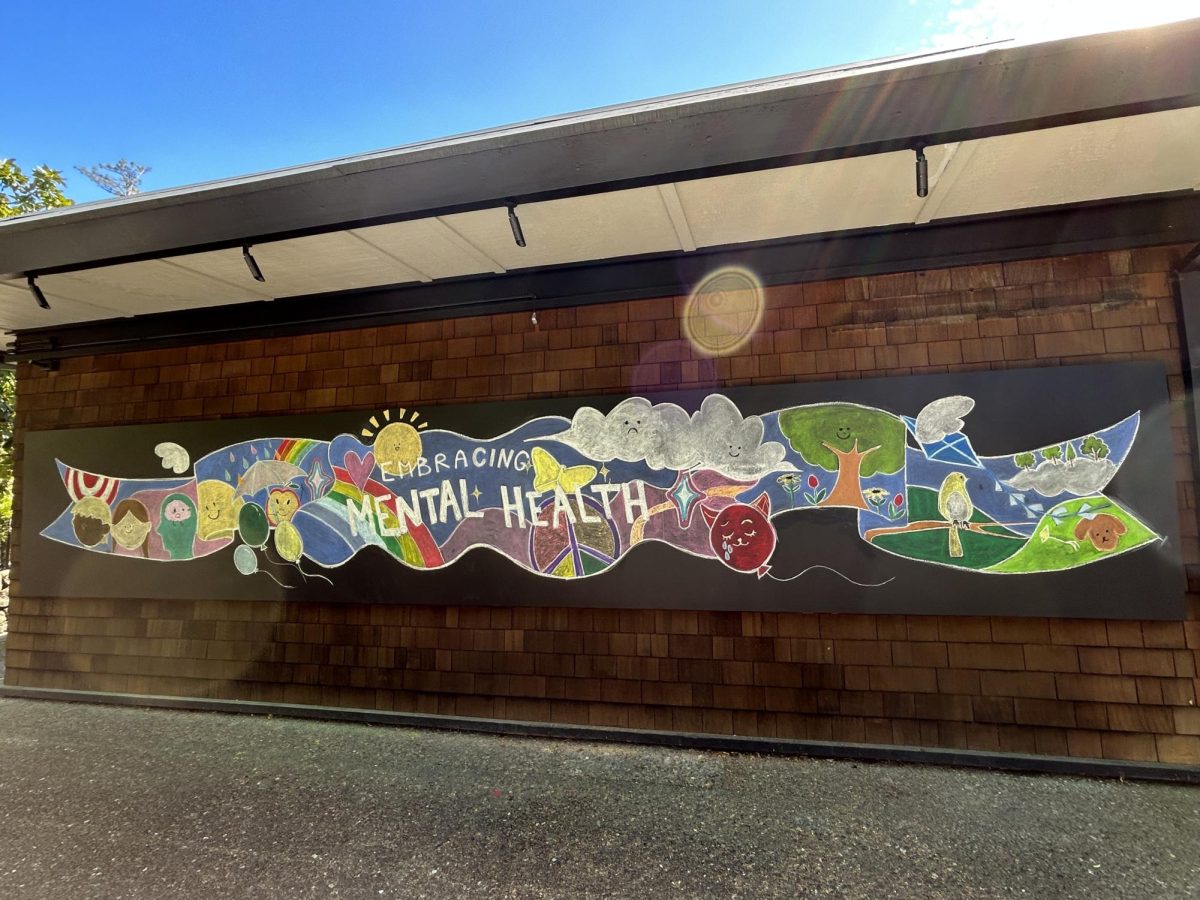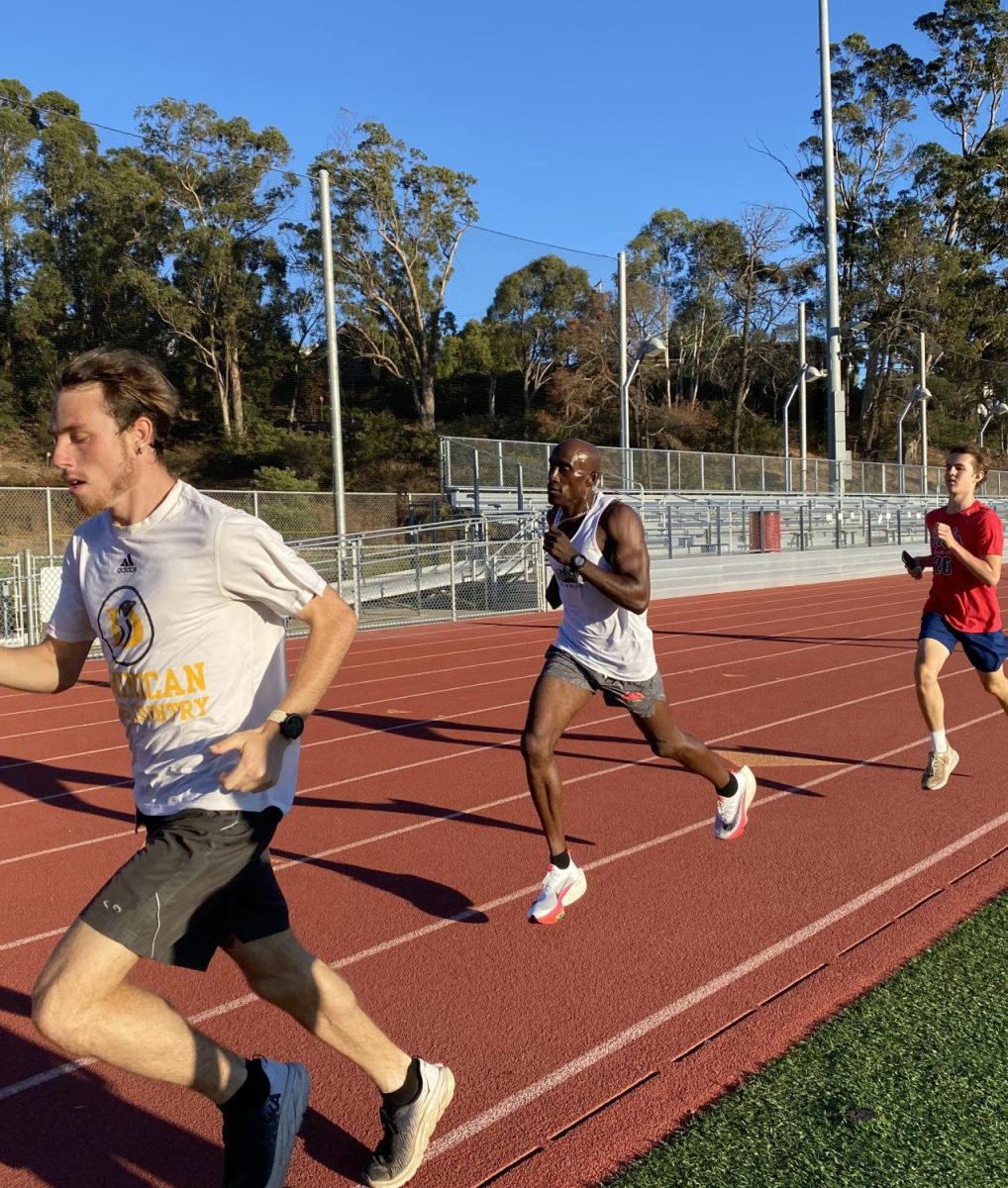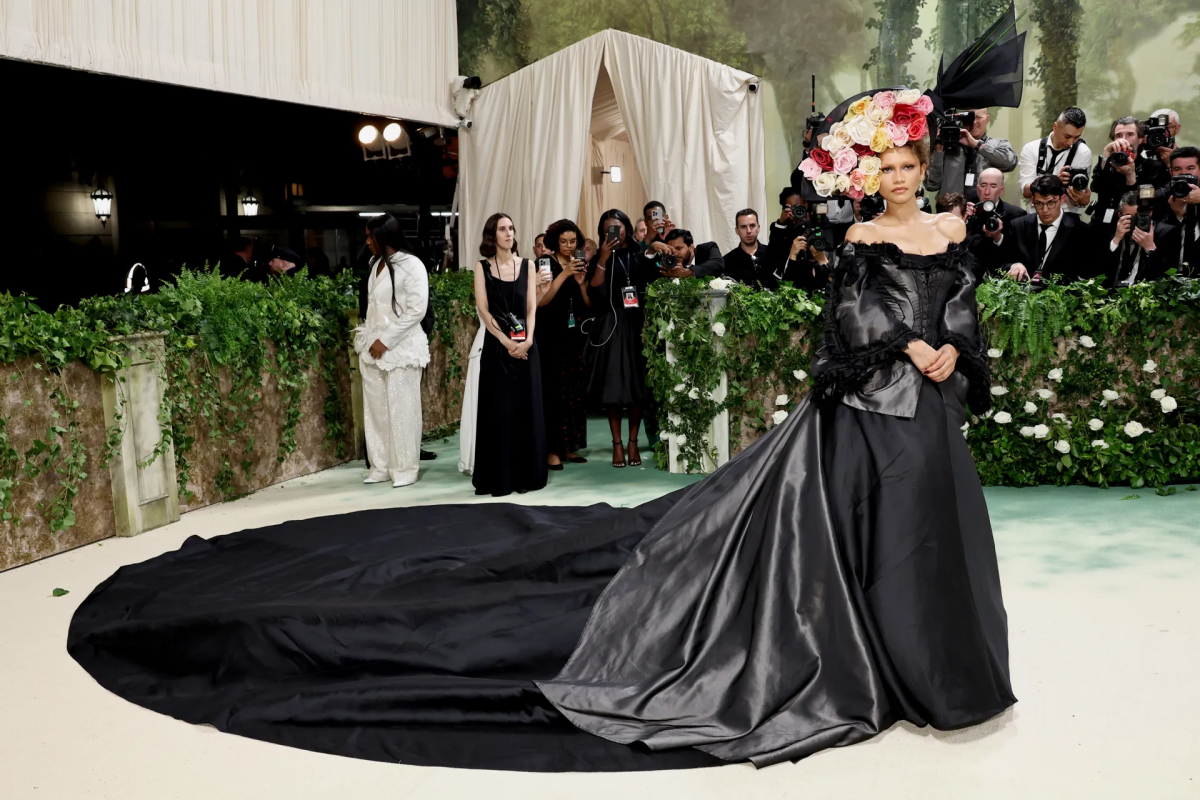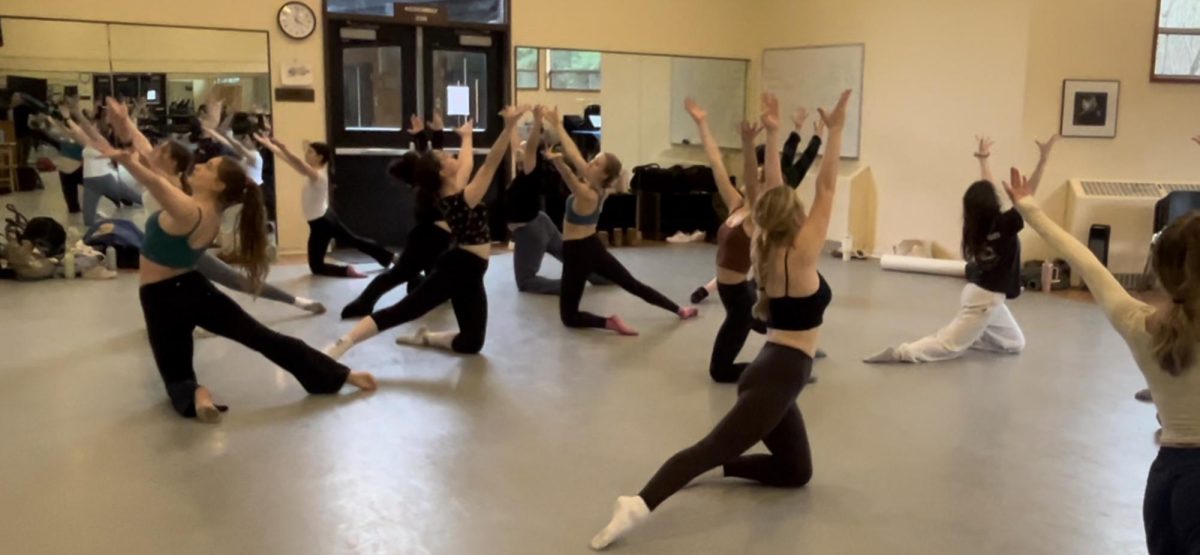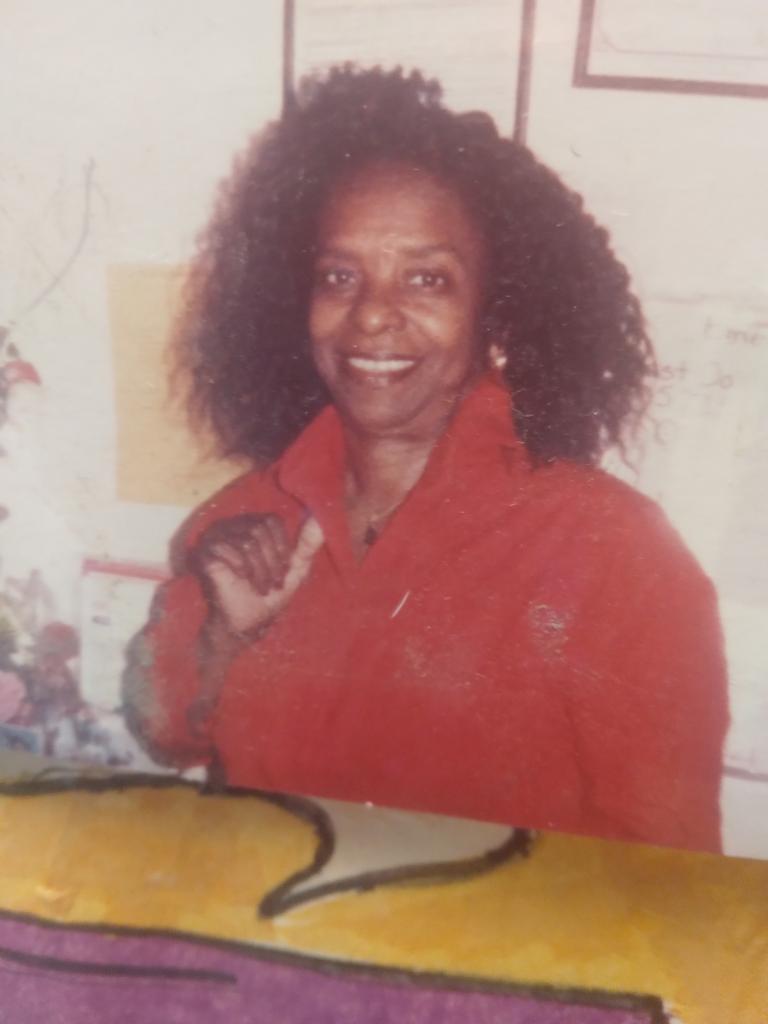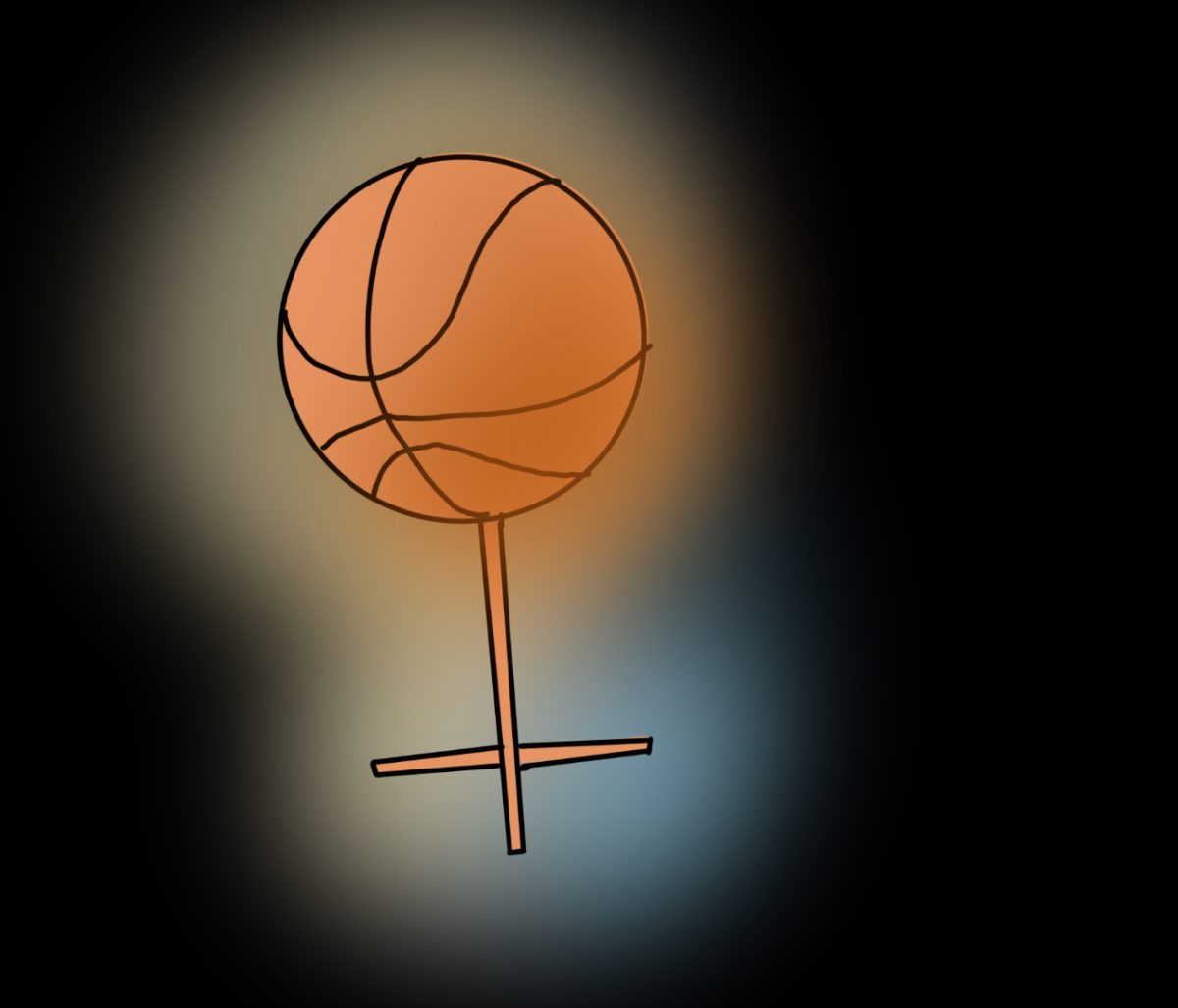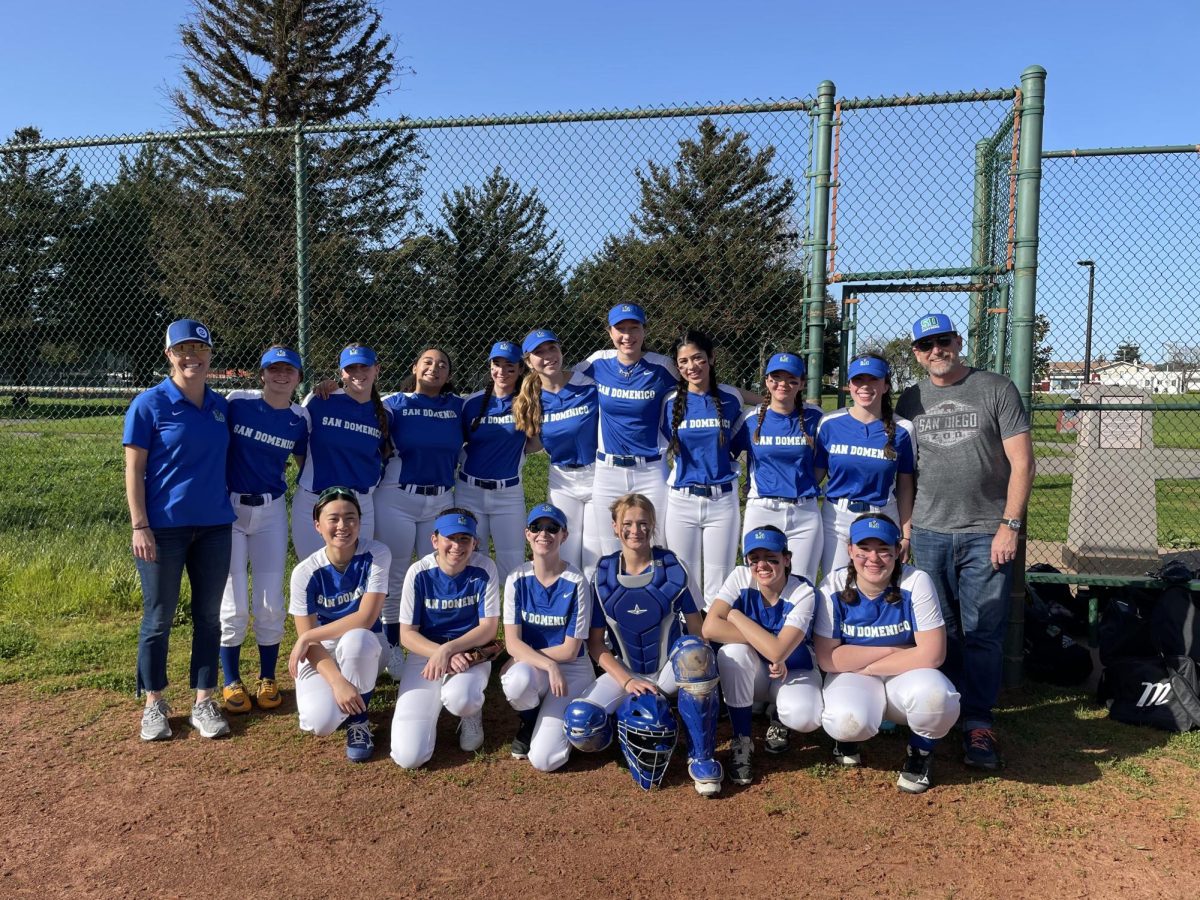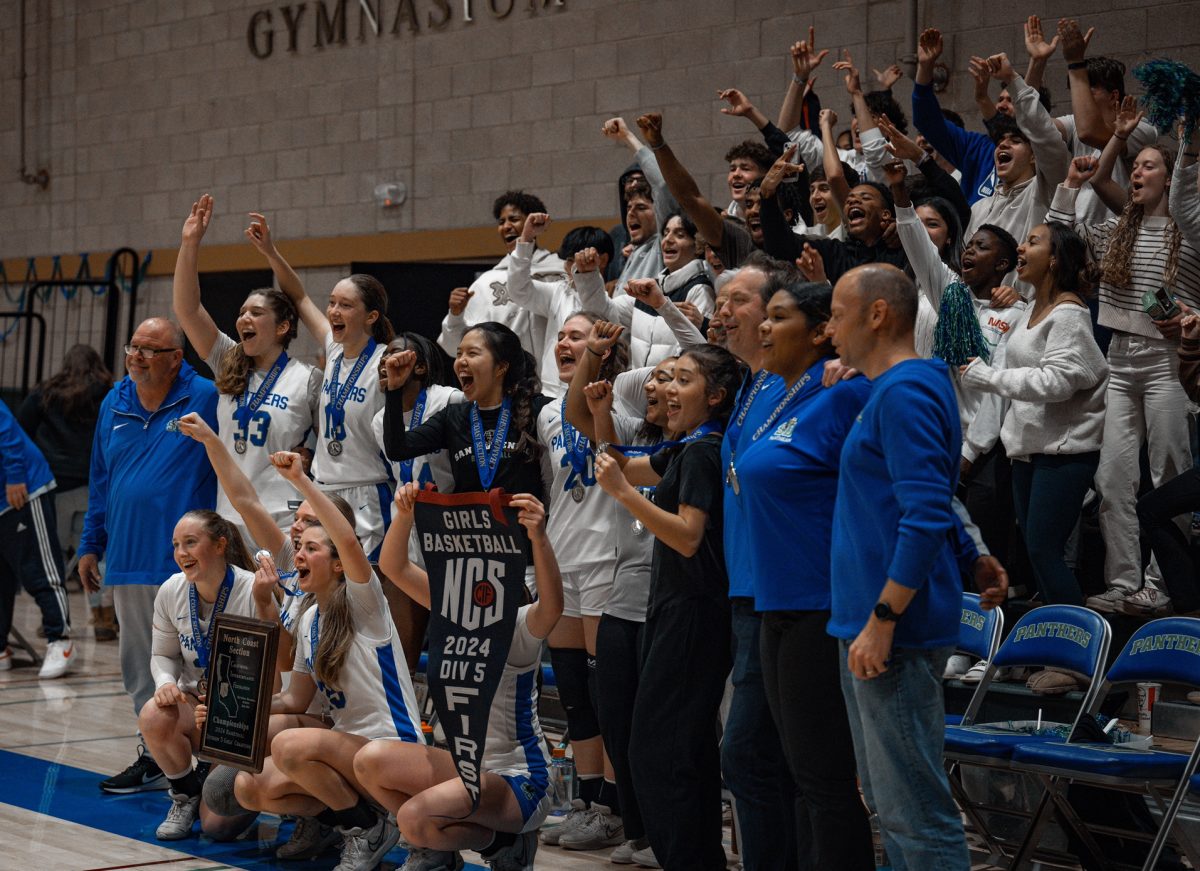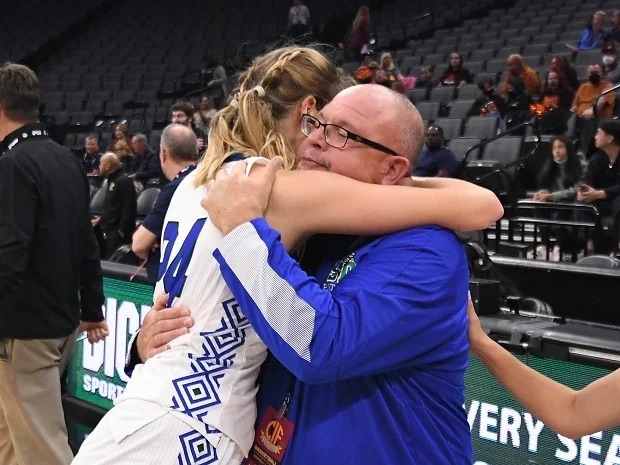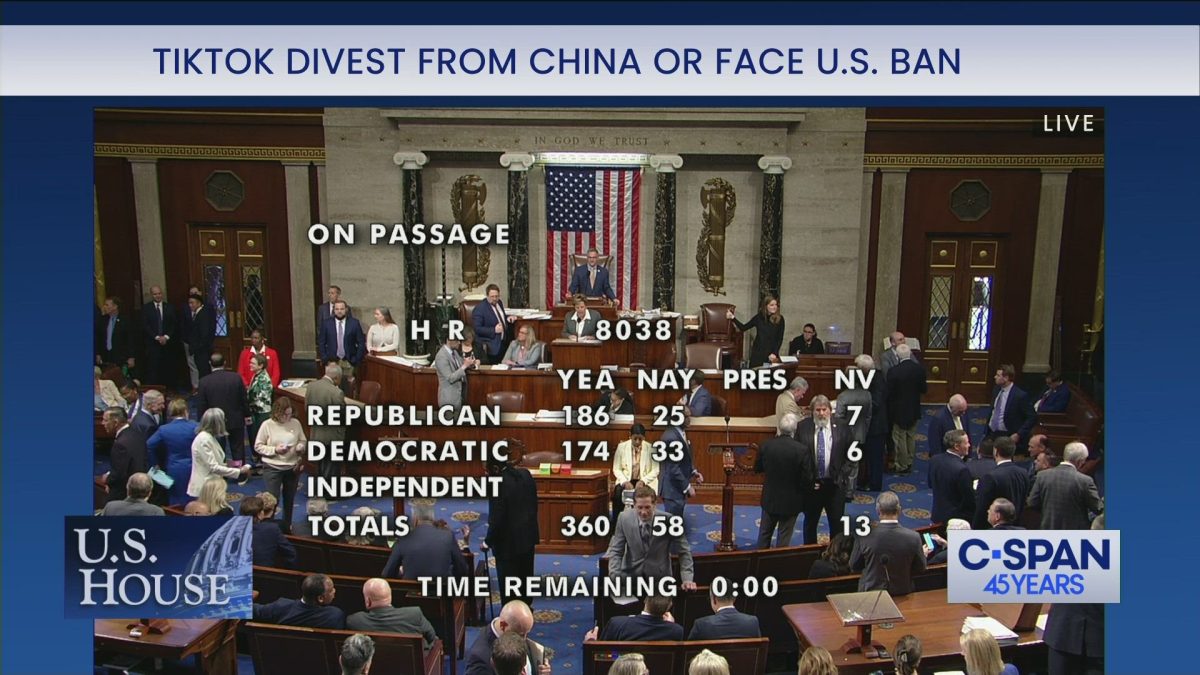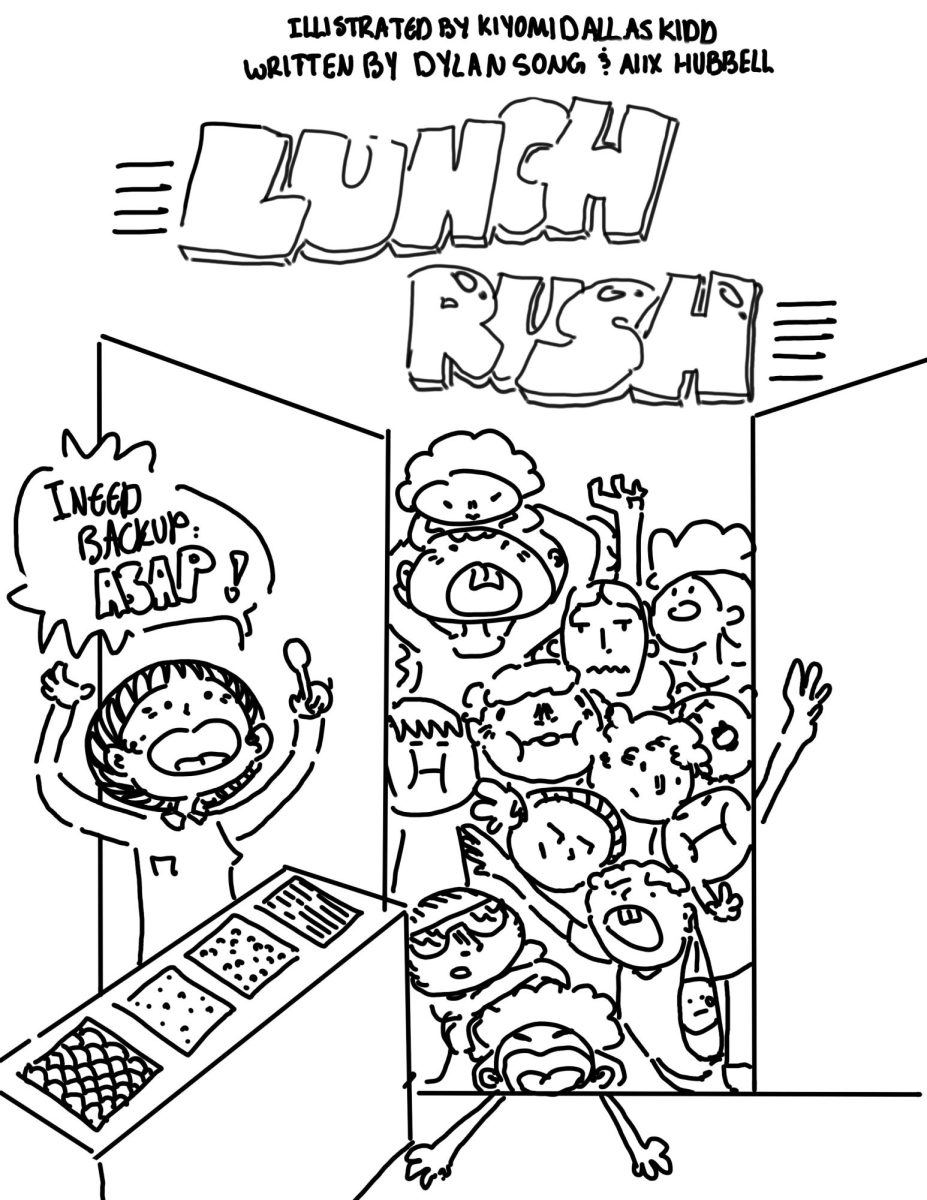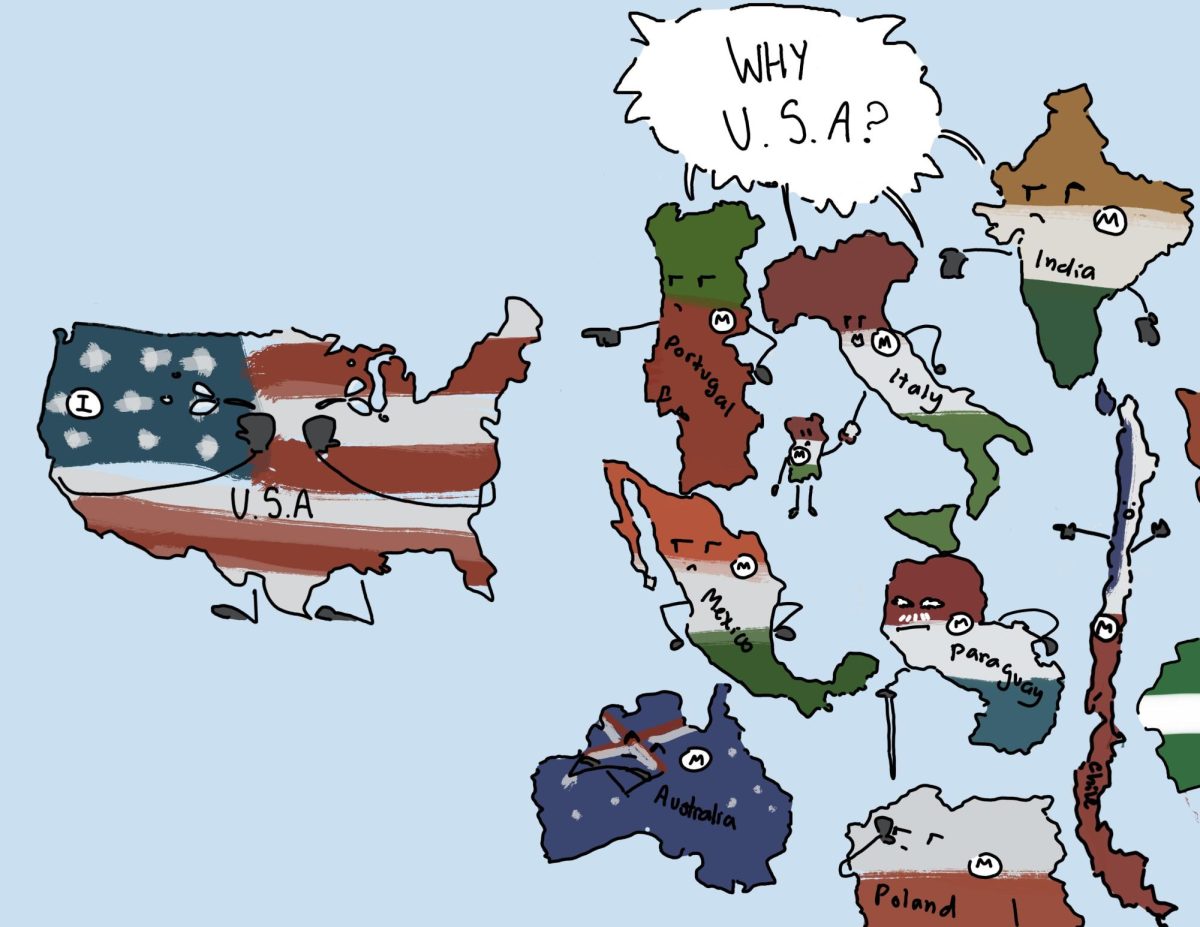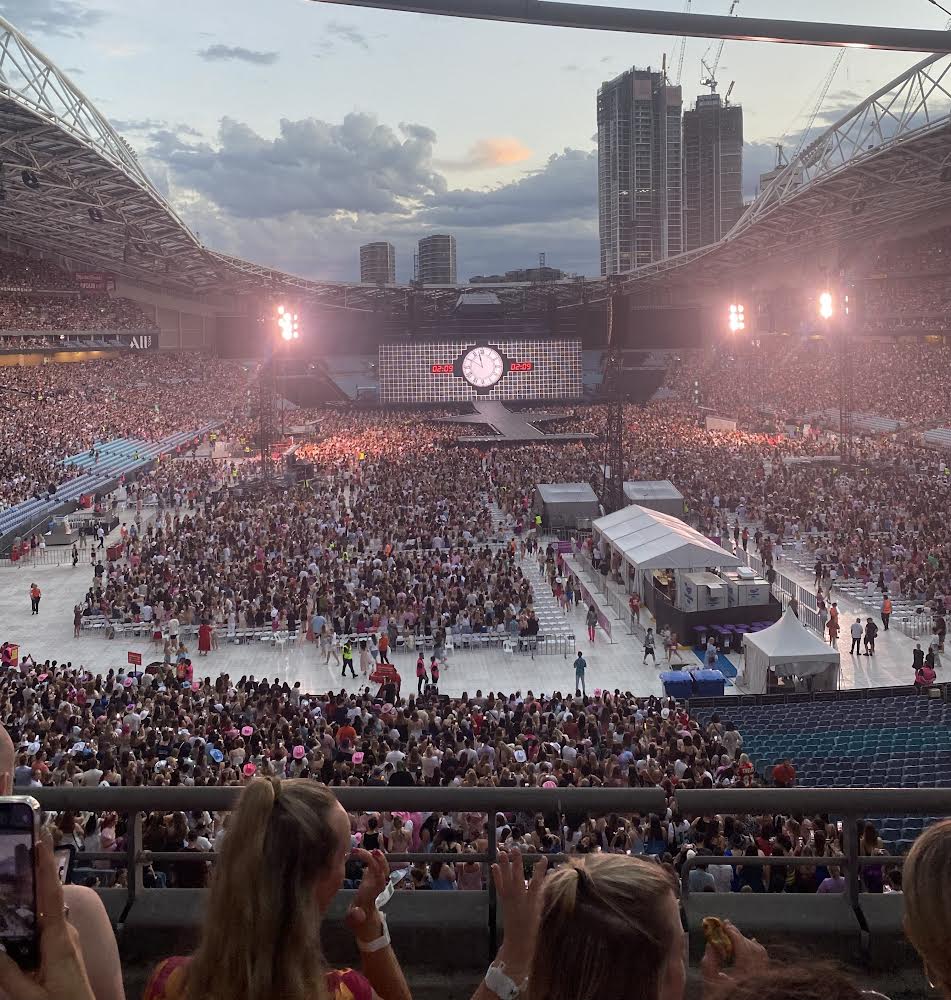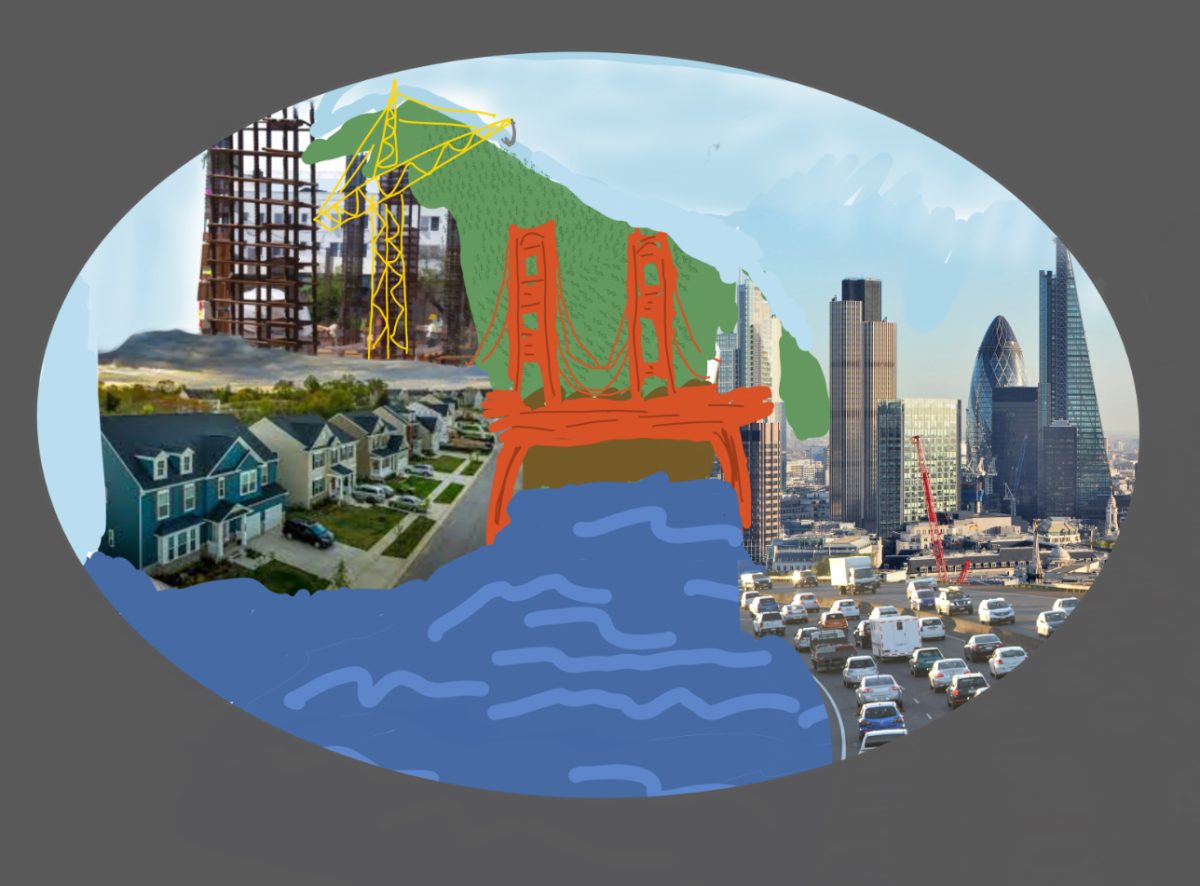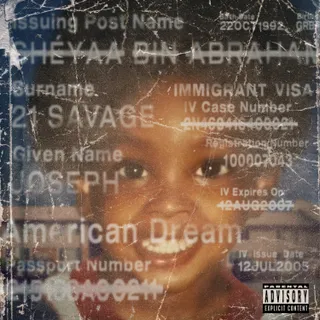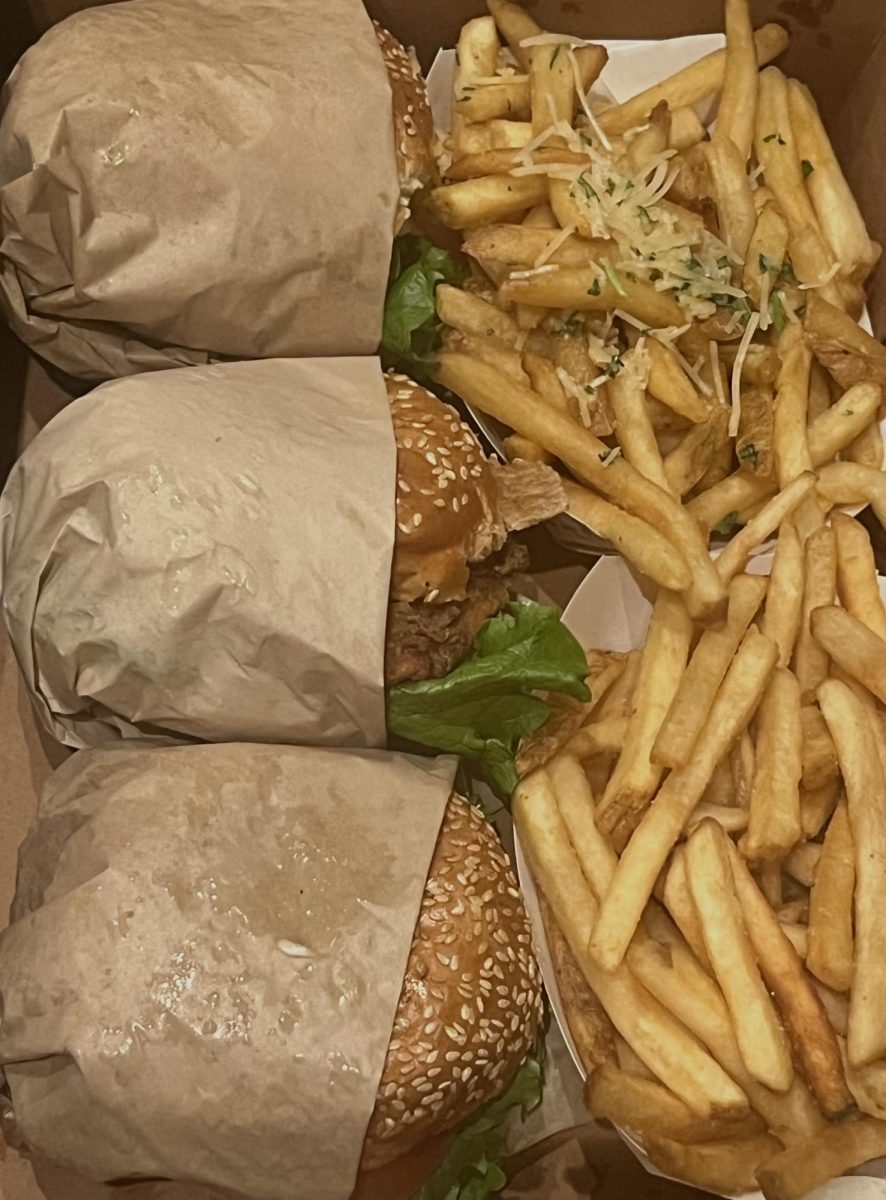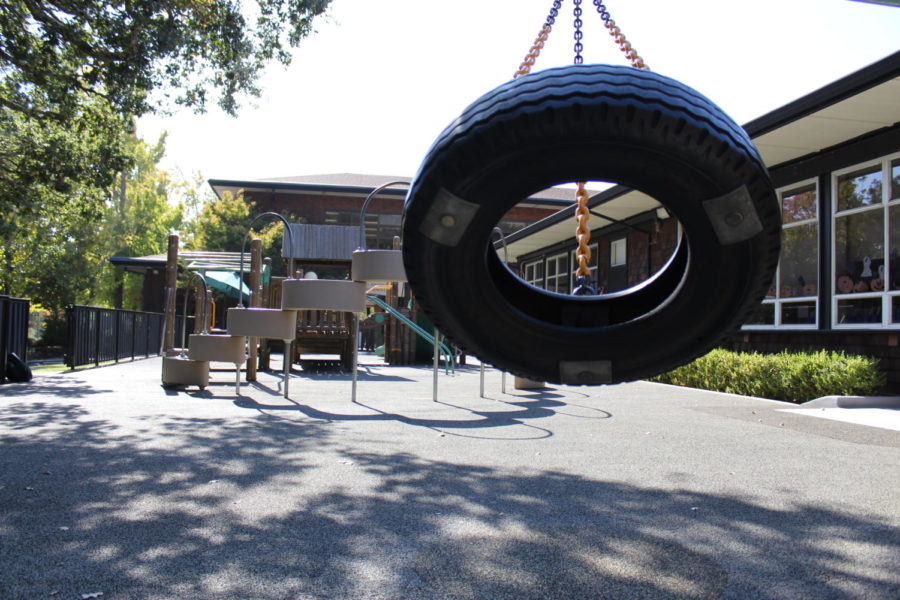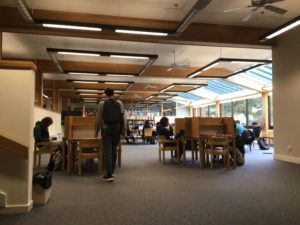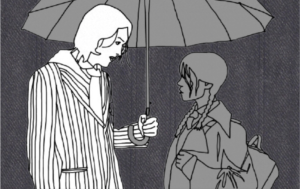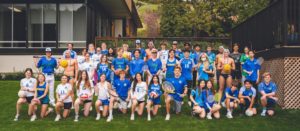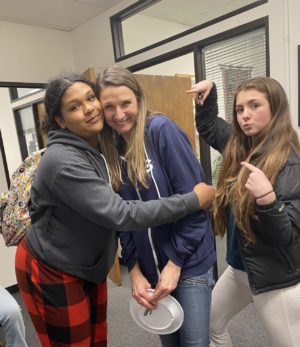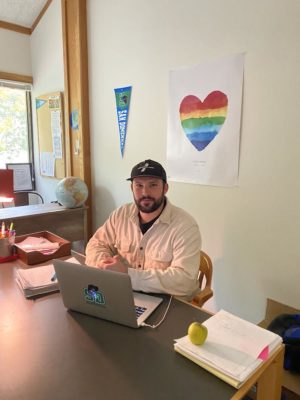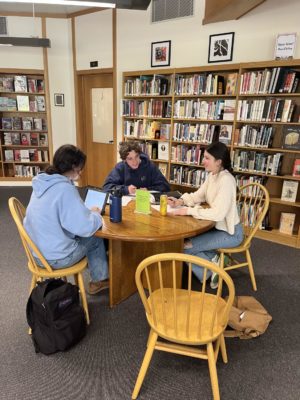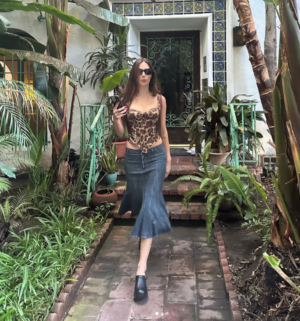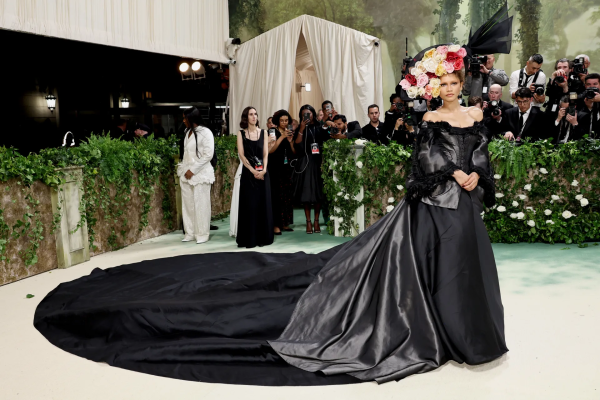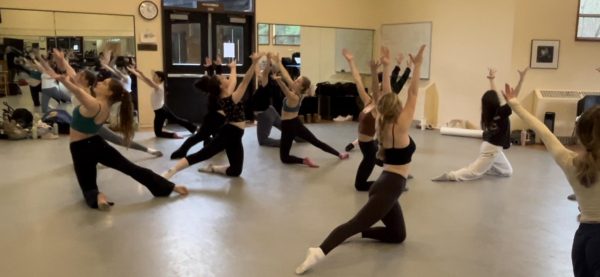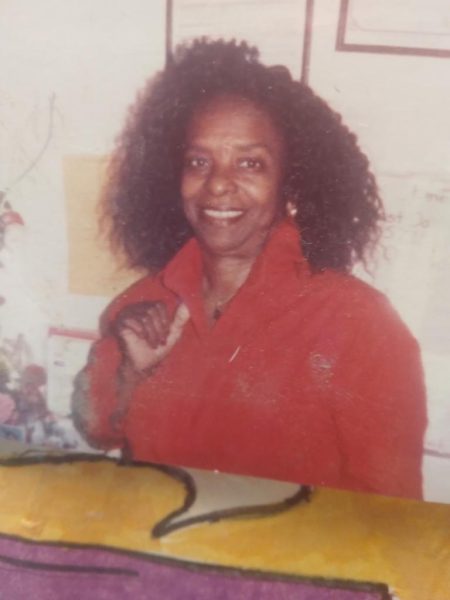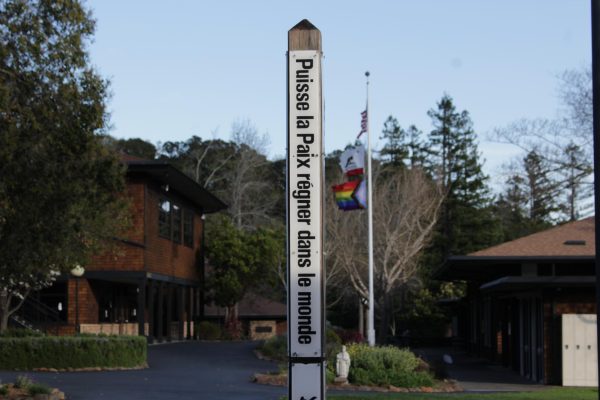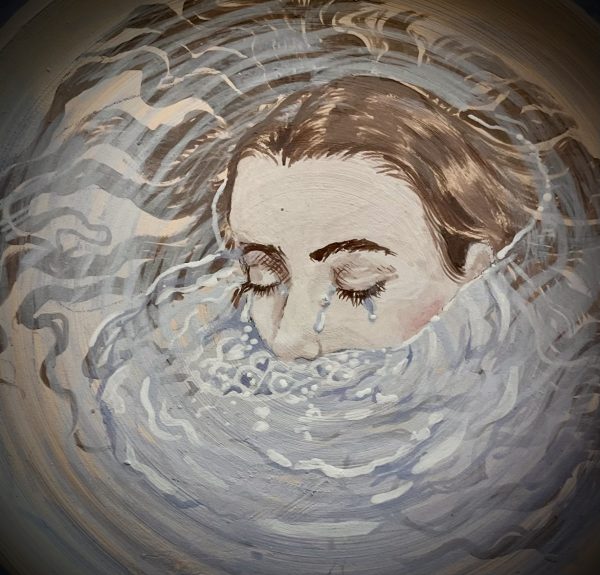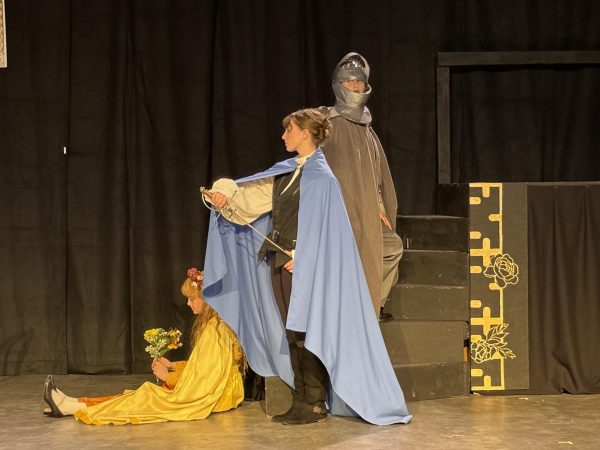After School Awakenings
San Domenico senior, Eva Laborde-Turner, writes a personal memoir about a childhood realization
November 6, 2022
I jumped off of the play structure onto the black rubber surface as the bell rang to dismiss the students at Jefferson Elementary School in San Francisco. The morning fog had burned off and my energy elevated as I shook off the pain that shot through my ankle as I landed. My arduous school day as a second grader had finally come to an end; it was time for aftercare.
Like most of the kids at Jefferson, my parents worked later in the day than school lasted. To resolve the issue, my parents, along with several of my friend’s parents, hired a young woman named Maggie to pick us up after school and look after us. Each day, we would climb the hills of the city to await our 6 p.m. pick-up at one of our houses.
In retrospect, Maggie had her work cut out for her handling our group of cocky seven-year-olds. We were apparently unphased by the feeble attempts at authority by a twenty- year-old who had no chance against the extensive knowledge that we held as elementary schoolers.
Maggie was tall with curly red hair that was almost as big as her loud, bright personality. I did not enjoy her tendency to tell me what to do. When on the first day of our afterschool program she appeared to be too dim to open the latch on my front door, she put my friend and me on a timeout for locking her out. This instance was clear evidence to me of her incompetence to perform basic tasks. It was my house; I think I know how the door worked.
***
I called my friend, Syd, and we raced down the wheelchair ramp, past the giant wooden painting of the Jefferson jaguar, to the lower level of the school. Once I had grabbed my brown and pink polka-dotted backpack from the cubby in Ms. Baioni’s bungalow classroom, I ducked under the railing and joined the group of kids waiting for Maggie to arrive. Seven-uppers, we called ourselves; there were seven of us and we were fans of the soda drink. Soon enough, we spotted a pop of orange and a wide smile striding towards us. We talked over each other as we tried to inform the pick-up monitor that our guardian had arrived.
“Hey you guys, how’s it going?”
“Hi, Maggie!” we exclaimed in unison.
She informed us that our parents had approved a stop at Mother’s Meadow, the playground that had practically raised us all. We cheered. Aside from the questionable needles and bottles that were not uncommon to encounter in the bushes of Golden Gate Park, Mother’s Meadow provided thorough entertainment through its slide, climbing bars, swings, play structures, and daisy chain potential. As small as it may look when I drive by it today, Mother’s Meadow was a jungle of promise for imaginary play.
The seven of us, plus our fearless leader, veered left and began our march down 18th Avenue. I watched Maggie walk. I wasn’t sure how to feel about her. In truth, she was like me in her outspoken manner. At seven years old, I was unrestrained in sharing my thoughts and did not hesitate to oppose any opinion that I found erroneous. However, unlike other adults, Maggie tended not to let me win the argument in order to appease me. I often suggested to my parents that they address her arrogance in some way. They would patiently encourage me to give her a chance and try to argue less. I hardly absorbed their advice.
At the same time, Maggie fascinated me. I had never spent much time with a young adult and was intrigued by her transparency and perspective. Her curiosity seemed to match, if not exceed, that of the kids that she was taking care of. She would catch me off guard with stories of stopping to watch an ambulance being loaded with an unconscious body. Everyone knew that the first rule of walking down the street was to turn a blind eye to the abnormal occurrences of the city; at least that was what had been ingrained into me throughout my childhood. However, unlike other adults I knew, Maggie was never too rushed to stop and watch the world around her.
This rhythm was a complete contrast to that of most of the adults that I interacted with. For all that I could tell, they had already learned all that there was to know and had long since embarked on the monotonous journey of making it through another day.
***
As we wandered languidly down the sidewalk, we lamented over Ms. Baoini’s decision to take away our free play that day to teach a lesson on conjunctions. We passed the Sunset Public Library and I wondered to myself if they had gotten in the newest Warrior Cats book yet. I had just finished one with a torturous cliffhanger and was desperate to find out the fate of my beloved Firestar. Maggie grabbed my hand as we crossed the busy intersection. I scanned the stern faces of the passersby and considered the lives that they led. Why were they all so serious? Where were they headed so hurriedly? I looked back down at my feet. I stepped over the cracks of the sidewalk meticulously and my footsteps fell in sync with those of my friend walking next to me. I promised myself that when I was older, I would not fall into the tedious cadence that appeared to consume adults’ lives.
At long last, we raced down the hill of grass and jumped into the sand pit. After ascending the bar structure and calling down from the top, I trotted back over to Maggie sitting on a park bench. We sat in a circle, eating snacks from our backpacks. I looked up and giggled. Across from me, Angie, one of the girls in the group, was knuckle deep in her nose.
“She’s picking her nose!” I cried.
Suddenly, I glanced at Maggie, nervously. Since I was young, my parents and teachers had reminded me incessantly that nose-picking was immature and unsanitary. What if I had gotten her in trouble?
To my surprise, Maggie laughed.
“I do that sometimes,” she remarked.
I was shocked. I must have misheard.
“You pick your nose?” I asked skeptically.
“All adults do sometimes.”
I leaned back silently on the grass. I chewed my rice cake thoughtfully. It had never even crossed my mind that an adult would participate in something so childish and taboo. I looked up at Maggie. She had continued the conversation, unfazed.
In my mind, I recalled memories of my strict teacher laughing at an immature joke and my parents crying at the end of a long day. I pictured my grandma dancing to loud music in the kitchen, my mom admitting that she was too tired to finish her work, my dad agreeing that we should add an extra bar of chocolate to the grocery cart, my uncle too immersed in a video game to hear his name called.
At that moment, one small piece of an intricate puzzle began to make sense to me. Maturity: the ability to build an all-knowing exterior around ordinary imperfections. The feeling of distance that my mind had always associated with grownups was, I finally understood, responsibility’s consumption of their lives. However, behind this shield were the tears, the humiliations, the laughter, the acts of defiance, the curiosity and the nose-picking that I had thought was unique to my life.
Whether it was because of her age, her personality, or both, Maggie’s shield was a little more transparent than the rest. It was this honesty, though, that allowed me to feel slightly more a part of the human experience.
I imagined all of the adults in my life picking their noses and grinned.
